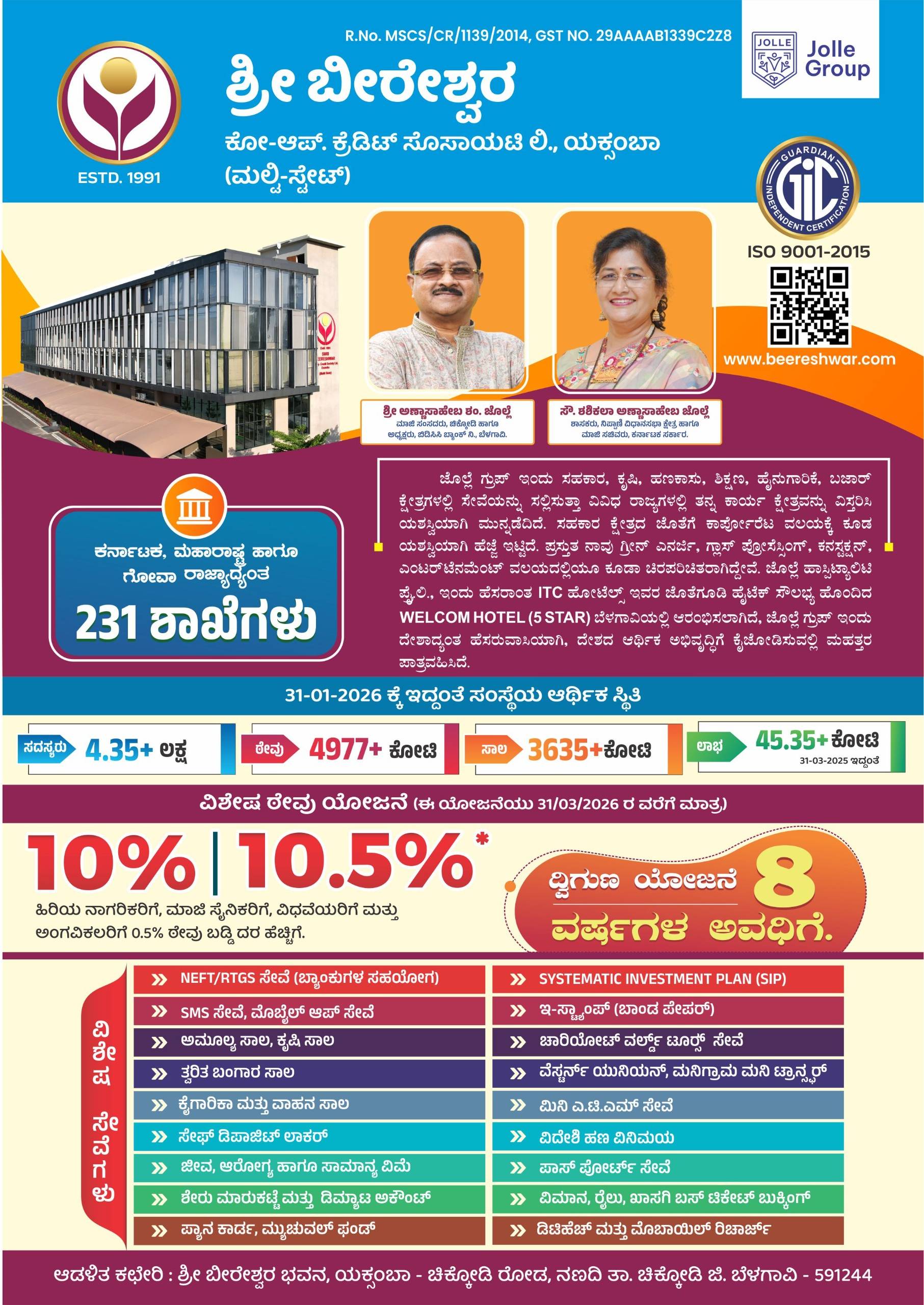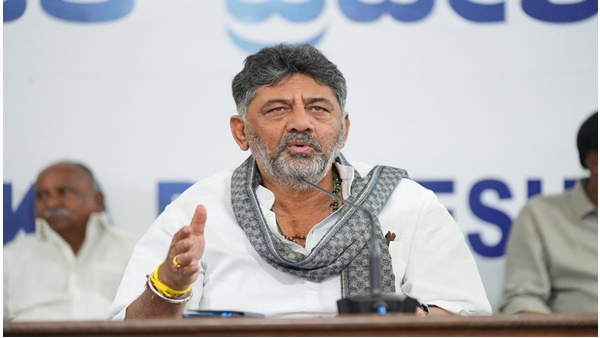
Dr. Mythri Shankar
“Acute renal failure” is a condition wherein the kidneys suddenly stop functioning (within hours to days). Acute renal failure has been renamed as “Acute kidney injury (AKI)”. The term “renal” has been replaced with “kidney” as it is easily understood by many. The term “failure” has been replaced with “injury” because the severity can vary widely from asymptomatic injury to failure.
As the kidneys get injured and lose their filtering capacity, harmful biochemicals get accumulated in the body. Acute kidney injury is usually seen in hospitalized patients, particularly in critically ill patients admitted in intensive care unit.
AKI can be fatal and requires early and intensive treatment. However, it is treatable and if the patient was essentially normal and in good health prior to the onset of AKI, he can recover completely.
Symptoms of AKI
- Reduced urine output, sometimes the urine output may be within normal limits
- Swelling of the feet due to fluid retention
- Fatigue, weakness
- Shortness of breath
- Nausea, vomiting
- Seizures and coma
Sometimes, acute kidney injury can be asymptomatic and is detected during routine laboratory investigations
Causes of AKI
- Impaired blood flow to the kidneys
- Direct damage to the kidneys
- The urine drainage tubes (ureters) can become blocked and the body’s waste cant leave through urine.
Treatment of AKI
- Identification of the cause of AKI and treatment of the cause.
- Supportive treatment for kidney injury
- Treatment to prevent complications of AKI until the kidneys recover (kidneys need sometime to recover)
Prevention of complications of AKI
- Balance the amount of fluids in the body: If AKI is due to dehydration, then the patient may be advised to consume more fluids. However, if AKI causes fluid retention, the patient may be advised to consume less fluids and may require administration of diuretics (medications to remove excess water from the body).
- Medications for potassium control: If the kidneys aren’t filtering properly, potassium may accumulate in the body and cause arrhythmias and/or paralysis. In such cases, medications that reduce potassium levels may be administered to the patient.
- Dialysis : Sometimes dialysis (either hemodialysis or peritoneal dialysis) may be required temporarily to support and help the injured kidneys to recover. Dialysis also helps in removing toxins and maintaining biochemical balance in the body. They are also helpful in removing excess fluid and maintaining fluid balance.
During recovery, patient may be advised a special diet to reduce the load on recovering kdineys. The dietician may recommend a few modifications ( Note: these are broad recommendations and cannot be generalised):
- Low potassium diet: Avoid foods high in potassium such as bananas, potatoes, oranges. Prefer foods low in potassium such as apples, papaya, guava, strawberries.
- Avoid foods with added salt: Reduce daily salt intake to 5g per day. Avoid products such as convenience foods, fast food, frozen and canned foods.
As the kidneys move towards recovery, dietary restrictions may no longer be required. But healthy eating is always necessary.
Prevention of AKI
- Avoid self medication / taking over the counter (OTC) painkillers. Taking too much of these pain killers can damage the kidneys.
- Follow the advice of your doctor and dietician. Prevention and treatment of AKI is individualised depending on the pre-existing illness such as diabetes and high blood pressure and the cause of AKI
- Healthy lifestyle should be prioritized: Eat healthy and stay active. Avoid smoking and alcohol.
There are various types and causes of AKI. Treatment and measures to recover from AKI are highly individualized. The patient should work together with his/her doctor to meet the goals of recovery.
Writer –
Dr. Mythri Shankar
MBBS.,MD.,DNB (Nephrology) (MAHE)
National Gold medalist
Consultant Nephrologist
Apollo Clinics, HSR layout, Bengaluru












